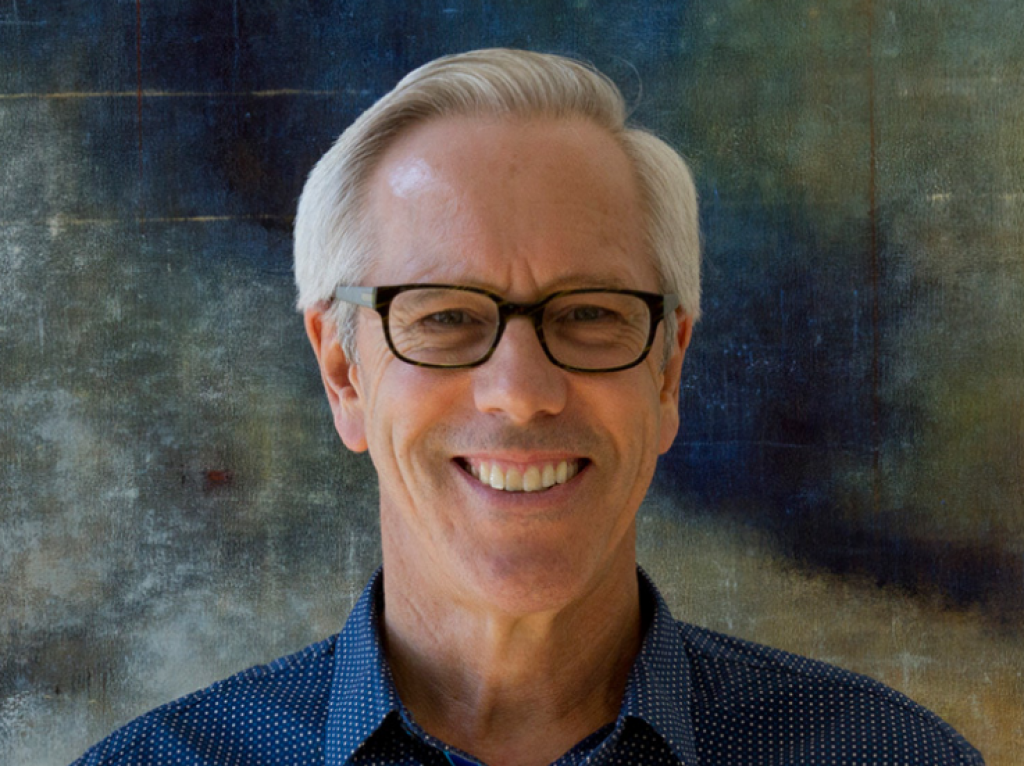Jim Thomas Offsets Carbon Emissions from International Travel to Promote Global Health
August 22, 2018UNC Global Affairs
 Jim Thomas
Jim Thomas
For Jim Thomas, director of the MEASURE Evaluation Project and associate professor of epidemiology in the Gillings School of Global Public Health, global health and environmental changes are inextricably linked. “For example, because some areas are now warmer than they used to be, there is a wider range of mosquitoes that can transmit infections like malaria,” Thomas says. “The huge effects of climate change are felt first and foremost on human lives.”
The MEASURE Evaluation Project is the largest single project in the history of the University of North Carolina at Chapel Hill. On any given day, MEASURE is serving organizations in more than 40 countries around the world, predominantly in sub-Saharan Africa, Asia, Latin America and the Caribbean.
“MEASURE works in developing countries to help collect and use data to guide public health programs,” Thomas explains. “A lot of our time is spent working with local organizations to strengthen them so the country can be self-sufficient when it comes to public health.”
While the majority of the “heavy lifting” is done by employees on the ground in each country, Thomas does travel internationally about two to three times per year in his role as director. It was this time spent airborne that really got Thomas thinking about the connection between global health and environmental changes.
“Given the environmental consequences of travel, it felt inconsistent with my goals to step on a plane and fly across the world to try to improve the public health of a country,” Thomas says, “and I was looking for a way to counteract that.”
After much research into different ways he could make donations to carbon offset programs and discussion with friends in the industry, Thomas finally landed on a program that drove real results locally in North Carolina. The NCSEA, or North Carolina Sustainable Energy Association, works with low-income communities across North Carolina to improve the energy efficiency of households and businesses. “As an opportunity to invest in both local and low-income communities, the NCSEA offers so many gains that seemed really attractive to me,” Thomas says.
For a few years now, Thomas has been calculating the impact of his carbon footprint with every flight, translating that impact to a dollar amount, and donating the sum to the NCSEA’s efforts. “I have a checklist of things to do when I travel, and now the donation to NCSEA is just a regular part of that,” Thomas says.
Thomas’s approach to his work-related travel is an extension of his longstanding passion for global health, which began years ago when he was a young man growing up in northern California. At the time, significant global issues of population growth and mass starvation influenced his thinking.
“Hearing stories of how people overcome hardship and overcome the complexities of life captivated me from an early age,” says Thomas, whose own father was a Japanese prisoner of war during WWII. “I’ve always had an interest in hardship and human resilience.”
For several years after graduating from the University of California, Davis, Thomas worked as a nutritionist in the Congo, where he developed a program to nourish starving children back to health. Through that experience, he became convinced that infectious diseases also play a critical role in a population’s overall health and went back to graduate school at the University of California, Los Angeles for his doctorate in epidemiology.
While Thomas intended to return to Africa to work as an epidemiologist in the field, circumstances led him to remain stateside, where he founded his own nonprofit called Africa Rising. The goal of the organization was to provide an alternative to looking to the West for funding and direction. Africa Rising networked African organizations together to grow and learn from each other’s strengths. After eight years of working successfully to connect organizations across Tanzania, Uganda, and Kenya to, Thomas eventually closed the nonprofit because of funding challenges.
For Thomas, the carbon offset donation comes full circle to that passion for global health that sparked early in childhood. “If we are working on a project aiming to improve human lives, I don’t want to do it by taking steps that are hurting lives by generating a lot of carbon.”
To learn about how you can offset your own carbon footprint, visit Thomas’s website.
